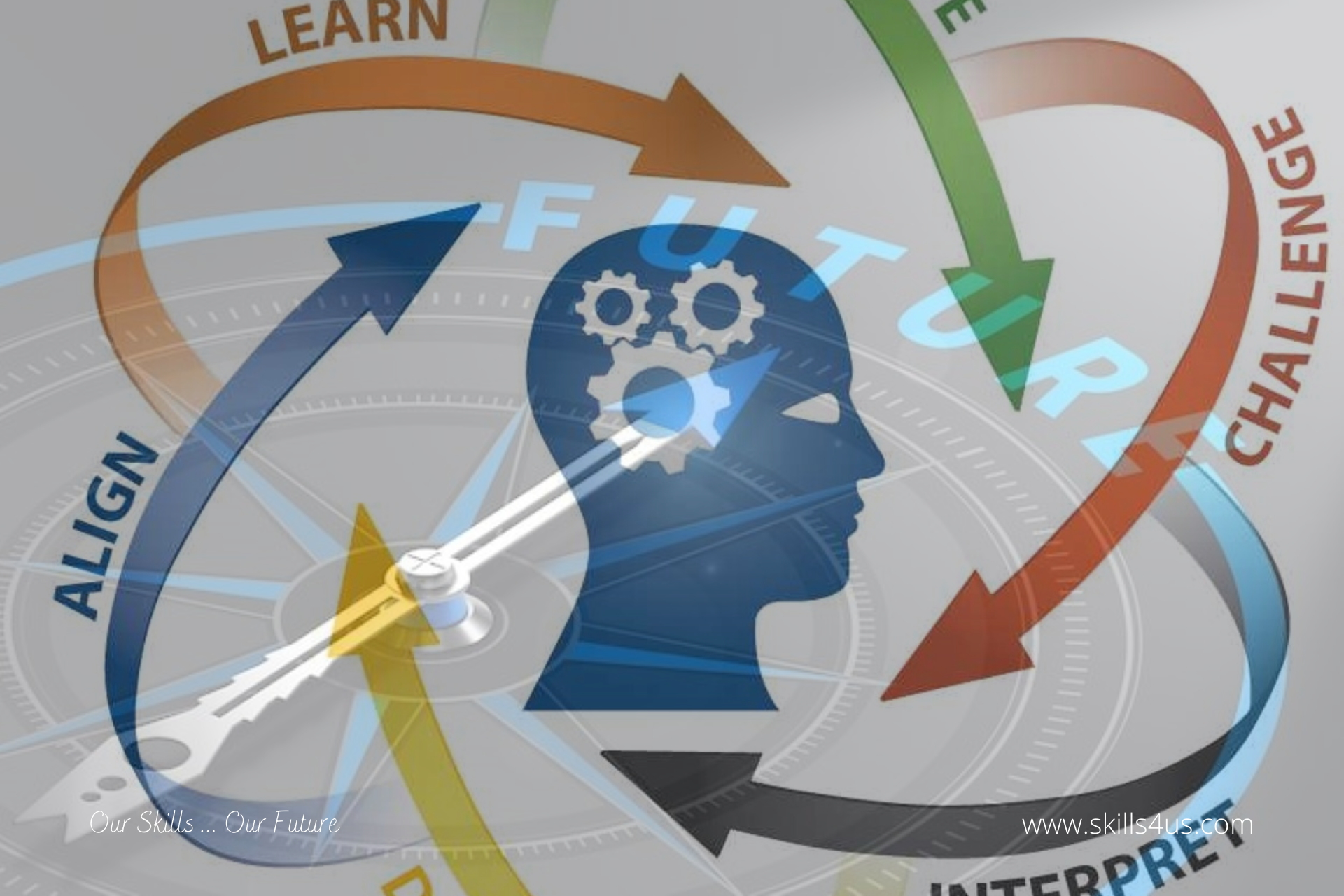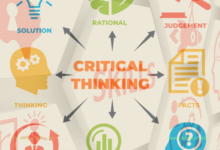
Strategic Thinking: “Vision the Big Picture and Planning for Future”
In the same situation, different people can act differently. Why can some people see, understand, and evaluate trends and forecasts while others cannot? This is because some can think strategically while others are not. Thus, a person with strategic thinking can think systematically. Note that the skill of strategic thinking can be valuable in many different industries, as it allows for advanced planning and preparation for future projects or tasks. Knowing how to think strategically can benefit your career by providing you with techniques to plan and think about the possible outcomes of a situation before taking action.
Characteristics of People Who Think Strategically
- Strategic Foresight: The ability to think ahead and anticipate potential problems.
- Curious Mind: They are unafraid to question or challenge conventional thinking and know that asking the right question is as important as finding the right solution.
- Flexible Attitude: They re-evaluate their ideas and assumptions as new information emerges.
- The Ability to Connect the Dots: Have a knack for spotting patterns and extracting meaning from overarching trends.
- Ability to Contextualize Information: They can see past, present, and future information to address short-term and long-term goals.
Elements of Strategic Thinking
Here is more information about the three essential elements of strategic thinking:
- Planning: It saves time for setting goals and considering how to reach them.
- Problem-Solving: This includes researching why the challenge occurred, brainstorming potential solutions, and developing a strategic plan to correct the problem.
- Modify Procedures: Knowing how to modify steps and procedures can help you succeed by giving you the flexibility to allocate time to tasks.
How to Improve Strategic Thinking Abilities
Here are some steps that can help you improve your strategic thinking abilities:
1. Observe Closely
Because strategic thinking is most effective when someone is aware of their circumstances and can respond to unexpected situations, keeping a close eye on every aspect of a project can help ensure that you stay on top of everything that might affect achieving your goals.
2. Consult with Others
There are many benefits to gaining perspective from external sources, such as gaining access to different types of expertise and learning about potential solutions to challenges you may have yet to consider. You can also consult experts in your field to gain insight into specific concepts related to your industry or profession.
3. Consider Any Potential Bias
A bias is any idea based on preconceived notions or notions about a topic or concept that can influence your decisions.
4. Learn to Predict
Before acting, you should anticipate the further development of events and the result we can get. And your attempts at prediction should be different from fortune-telling. You should draw on your life or professional experience and compare the “before” and “after” results. It will matter.
5. Use Visualization
Creating and describing mental pictures in your mind will help you learn to see things, events, projects, etc., in detail.
6. Think About Backup Plans
As you try to plan, you can assume many variables for the situation and “rehearse” your behavior in each case. In the future, if you encounter similar circumstances, you can easily predict the outcome and choose the best course of action.
7. Consider Past Experiences – Both your Own and Those of Others
Previous experiences are the reason for solving a particular task or problem, so think first if someone has faced the same job or problem. Based on the experience of the other, you can significantly predict the course of events and progress.
8. Develop Logical Thinking Outside the Box
We don’t usually overburden ourselves by making automated decisions and thinking using stereotypes. This sets us apart from the uncommon people with forward-strategic thinking.
Tips for Developing Strategic Thinking Skills
- Ask Questions. Questioning your assumptions can help you think outside the box to solve problems.
- Take your Time to Listen. When working with a team, consider everyone’s point of view, absorb multiple points of view, and take the time to listen to them for a more nuanced approach to problem-solving.
- Learn to Prioritize. Whether your goals are personal or professional, ranking action items from most to least important can help you stay focused on the course of action.
- Think about what worked and what Didn’t. After implementing your plan, take time to evaluate the successes and failures. Use all the metrics at your disposal and any insights you gain to improve your next strategic plan.
Strategic thinking is an organizational and practical type of critical thinking. It involves seeing the big picture, planning, and putting thought into action to gain a competitive advantage in business. Strategic thinkers can hone these competencies to pursue senior management positions or improve their business strategies.



